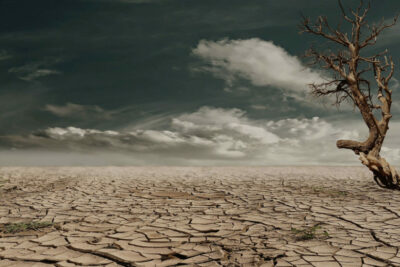Bennet, Murray, Wyden, Cantwell, Merkley, Schatz, and Padilla Highlighted the Need for a Landmark Investment in Climate Action Following a Summer of Extreme Weather Across the Western U.S.
A 2:00 p.m. MST Wednesday, September 22 video press call with seven Western Senators reinforced what they termed “the urgent need for climate action”. The call to climate action is closely associated with the Senate Democrats’ Build Back Better agenda, and the senators are pushing for climate action funding within the proposed $3.5 billion bill. The entire Western U.S., including Colorado, has seen a dramatic increase in extreme weather as a result of the climate crisis.
The seven U.S. Senators participating in the video conference included: Colorado U.S. Senator Michael Bennet and U.S. Senators Patty Murray (D-Wash.), Ron Wyden (D-Ore.), Maria Cantwell (D-Wash.), Jeff Merkley (D-Ore.), Brian Schatz (D-Hawaii), and Alex Padilla (D-Calif.)
“We have got to prioritize this, said Murray, who stressed the economic realities of the climate realities. “We have the support of the American people who are living this crisis. IF we can put this together, it will create good-paying union jobs while we protect our planet for current and future generations. If we don’t protect our planet from this, who will?”
There’s no other way of saying it – the west is on fire … Climate action is cheap compared to climate inaction,” said Schatz, who chairs the U.S. Senate Committee on the climate crisis. “If we don’t act, things will get worse and more expensive…for every American…we cannot miss this moment.”

Drought (Photo/Pixabay)
The aspects of climate change related to drought and wildfire are being felt most dreadfully across the western states. Agriculture production is suffering; fisheries, orchards, crop farms are drying up. Water for hydroelectric power is low. Hundreds of thousands of acres have burned – areas larger than entire eastern states. Towns have been wiped off the map. Snowmaking machines are being used to stop wildfires. But against this backdrop of disaster, the public is still being told, not just by climate deniers but by many legislators, that climate action is too expensive, or will harm the economy.
“I’ve traveled 1,800 miles across Colorado in the past few weeks,” said Bennet. “The Colorado River is running 60 percent lower than usual … I rafted it with Senator Mitt Romney in Utah and climate change has hit this country like a wrecking ball.”
“The sense of desperation we had isn’t just what’s happening in Colorado,” he added. “The fires in California have made it impossible for us to see the mountains or the forests here in Colorado. There were days when it was unhealthy to be outside and breath the air.”
Between the Senate’s recently passed Infrastructure Investment and Jobs Act and the Build Back Better budget, Senate Democrats are pushing for historic investments in clean energy, electric vehicle infrastructure, climate and grid resiliency, wildfire prevention measures, and much more.
“Last Labor Day weekend I drove 600 miles and never got out of the smoke,” said Merkley. “Between the fires and the hurricanes and the extreme flood events, the answer is simple – electrify everything with renewable energy… put it on the grid to replace fossil energy use.”
Bennet and the senators spoke to their ongoing commitment to ensure that the Build Back Better budget delivers a landmark investment in climate action.
Wyden, who is the Chair of the Senate Finance Committee explained the situation as “these are not your grandfather’s fires – they swallow up mountainsides, leap over rivers …”
He outlined the three steps that the western Senators see as critical to addressing the impacts of climate change:
- A 21st-century civilian conservation corps – thousands working on preventative wildfire mitigation.
- The service of young people in a 21st-century climate corps – to do controlled burns during cooler weather to prevent fires…
- Passage of a Clean Energy for America bill – substituting clean energy, clean transportation, and efficiency – creating a tech-neutral system going forward. “The more you reduce carbon emissions the more you increase tax savings,” said Wyden. “This can go into the Build Back Better effort – this is a transformative step — it would be the biggest one we’ve ever done.”
“If we zero out our carbon use, we can slow down the impacts of climate change,” said Padilla. “It cannot be on the chopping block of the budget. We need to act boldly to tackle the climate crisis and we need to fully fund transformational infrastructure … these actions cannot come soon enough.”
Featured image: Wildland firefighters struggle to contain a fire line. Photo courtesy of FEMA








Recent Comments